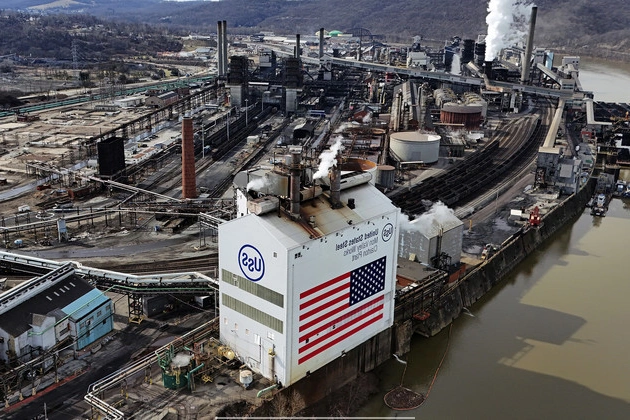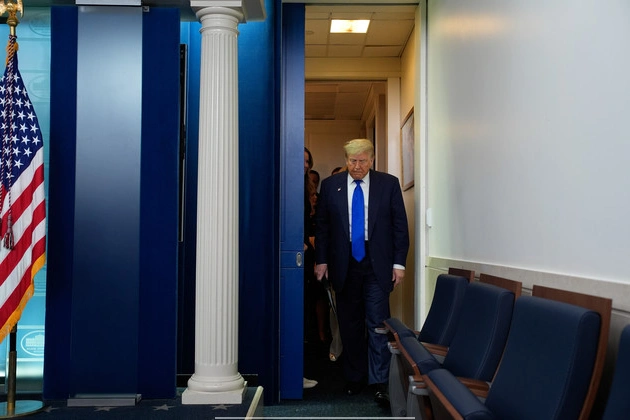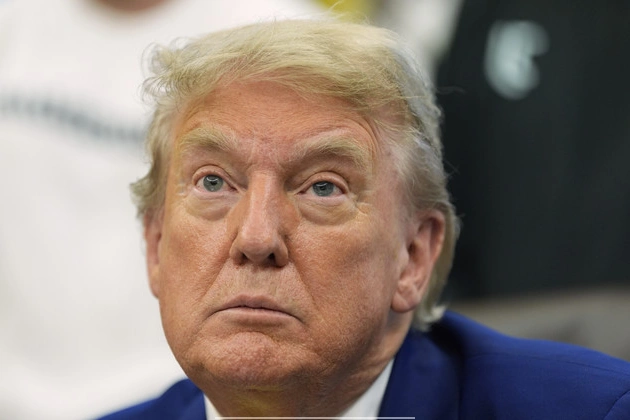
President Donald Trump faced intense lobbying from Rust Belt Republicans to greenlight the nearly $15 billion sale of U.S. Steel to Nippon Steel, overturning his initial opposition. The pressure campaign, spearheaded by GOP lawmakers from states with steel operations, highlighted the potential job losses and economic impacts of blocking the deal.
The Lobbying Efforts
A group of GOP lawmakers engaged in strategic meetings and discussions with top economic officials to advocate for the sale. Their message emphasized the importance of the deal in preserving manufacturing jobs and boosting investments in steel infrastructure.
Trump’s Reversal
Despite his previous stance against the sale, Trump ultimately supported the partnership between U.S. Steel and Nippon Steel, citing job creation and economic growth benefits. The president’s transactional approach to policymaking, influenced by the lobbying efforts, led to a significant policy shift.
Political Dynamics
The Nippon Steel deal became a focal point in the 2024 election campaign, with contrasting views from labor unions, international business experts, and political figures. Trump’s evolving position on the sale reflected a balance between national security concerns and economic opportunities.
Implications and Future Plans
The agreement between Nippon Steel and U.S. Steel, with increased investments and assurances of American control, signifies a significant milestone in the steel industry. Trump’s decision to approve the deal underscores the intricate interplay between political pressures and economic interests.
Stay tuned for President Trump’s forthcoming economic speech in Pittsburgh, where he is expected to unveil more details about the Nippon Steel partnership and its implications for the working class and the steel sector.















